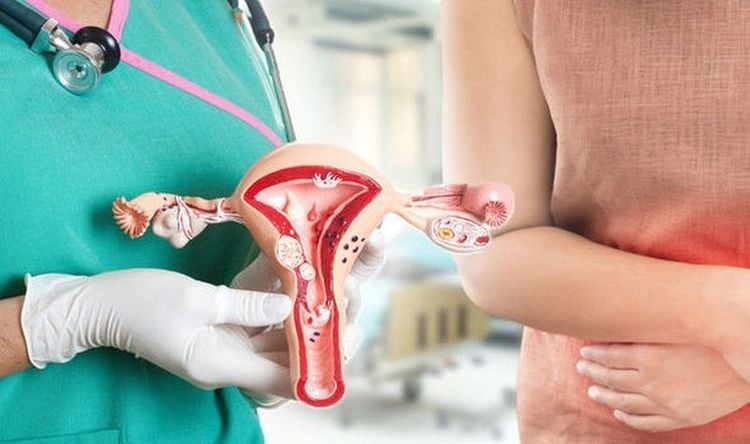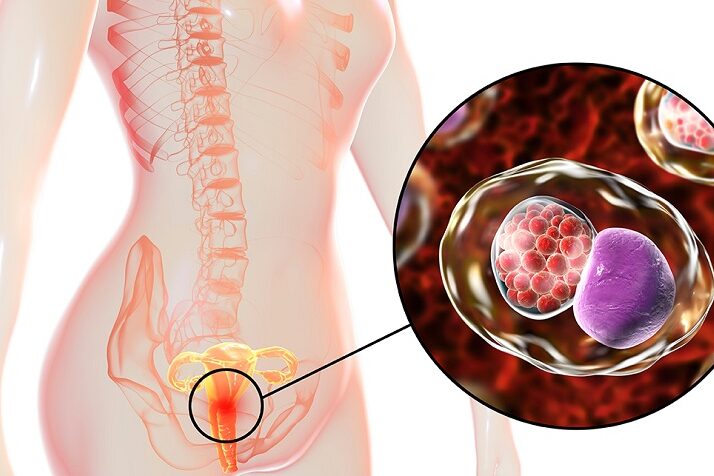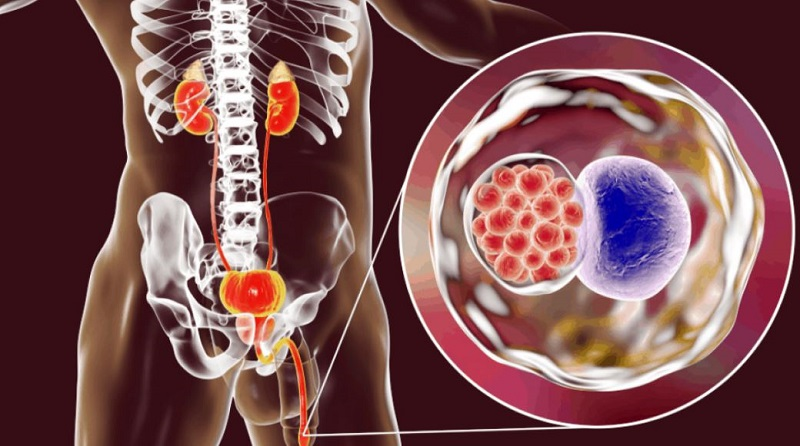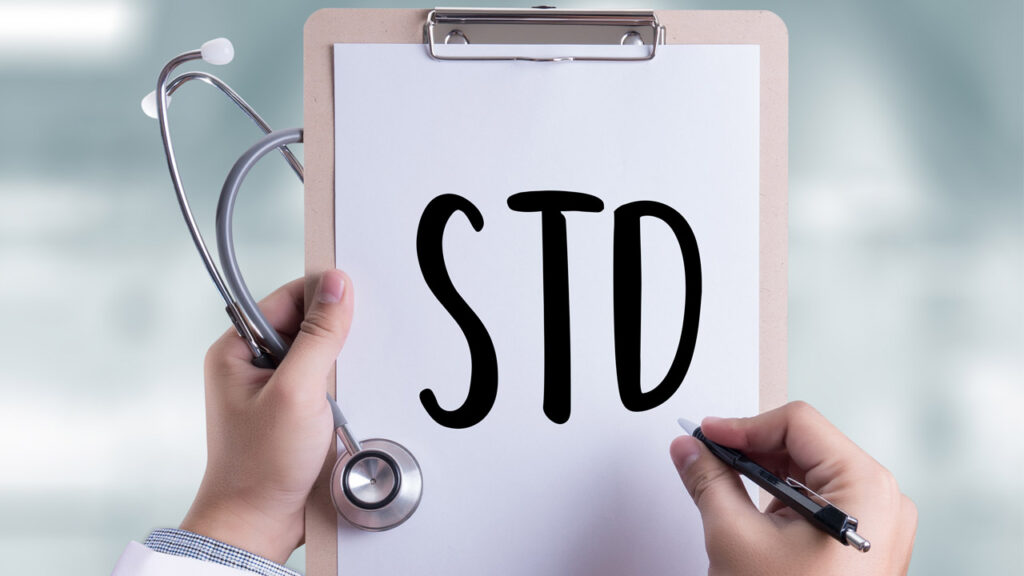Chlamydia is one of the most common sexually transmitted infections (STIs) worldwide, especially affecting women. Yet, many women are unaware they have it due to the lack of noticeable symptoms.
Ignoring it can lead to serious health complications, including pelvic inflammatory disease (PID), infertility, and chronic pelvic pain.
The key to protecting yourself lies in regular testing, but many women are unaware of how to get tested or feel anxious about the process.
>>> Check STD here

This comprehensive guide will address all the concerns women have about chlamydia testing, why it’s crucial, how to recognize symptoms (even subtle ones), and how to access reliable testing through STDcheck, a trusted testing service.
The Hidden Danger of Chlamydia
For women, one of the most alarming facts about chlamydia is its ability to remain unnoticed. According to the CDC, around 70-90% of women with chlamydia experience no symptoms at all. This lack of warning signs makes it easy to overlook and can result in the infection silently causing long-term damage to your reproductive health.
You may have heard about chlamydia but feel uncertain about your risk. Maybe you’ve recently had unprotected sex or are in a new relationship, but the idea of getting tested feels intimidating. What will the test involve? Will it be painful or embarrassing? The fear of the unknown can often prevent women from seeking the testing they need.
The Consequences of Untreated Chlamydia
When chlamydia goes untreated, the consequences can be severe. The infection can spread from the cervix to the upper reproductive tract, causing PID. Over time, PID can lead to scarring in the fallopian tubes, increasing your risk of infertility or ectopic pregnancy—a life-threatening condition.
Symptoms of PID can include:
- Abdominal pain
- Fever
- Abnormal vaginal discharge
- Painful intercourse
Even more concerning is that chlamydia can increase your vulnerability to other STIs, including HIV.
The scariest part? You could already have chlamydia and not know it, putting your health and future fertility at risk.
What Is Chlamydia and Why Should You Get Tested?
>>> Check STD here

Chlamydia trachomatis is a bacterial infection transmitted through sexual contact. It can infect the cervix, rectum, and throat, depending on the type of exposure. It is most common in sexually active women under 25, but anyone who is sexually active can contract it.
Why Testing Is So Important

Testing is essential because chlamydia is often asymptomatic, especially in women. Without testing, it’s impossible to know if you have it. Getting tested regularly helps catch the infection early, before it can cause complications like PID or infertility.
Women should consider getting tested if:
- They have had unprotected sex
- They have a new sexual partner
- They have multiple sexual partners
- Their partner has been diagnosed with an STI
- They experience symptoms like abnormal vaginal discharge or burning during urination (though these symptoms are often absent)
How to Get Tested for Chlamydia

Getting tested for chlamydia as a woman doesn’t have to be stressful or embarrassing. With the right information and access to convenient testing, you can take control of your health easily and discreetly.
How the Test Works
Testing for chlamydia is straightforward. There are two common methods for testing in women:
- Urine Test: The simplest and most non-invasive method, this test requires you to provide a urine sample. The lab will then analyze the sample for traces of the bacteria that cause chlamydia.
- Swab Test: A healthcare provider will use a cotton swab to collect a sample of cells from the cervix. This test may be performed during a pelvic exam and can detect chlamydia even if you’re asymptomatic.
Both tests are highly accurate and can be done in a clinic or using an at-home testing kit.
Testing with STDcheck: The Easiest and Most Reliable Option
>>> Check STD here
One of the best solutions for discreet and reliable testing is through STDcheck, a trusted online service that partners with local labs to provide confidential testing. With over 4,500 testing centers nationwide, STDcheck offers a hassle-free way to get tested without the need to visit a doctor’s office.

Why Choose STDcheck?
- Privacy: STDcheck understands the sensitive nature of STI testing and ensures that your results remain confidential. You don’t need to share personal information with your doctor or insurance provider.
- Convenience: With STDcheck, you can order your test online, visit a nearby testing center (without an appointment), and get results in as little as 1-2 days.
- Speed: No need to wait weeks for results. STDcheck provides fast and accurate results, which can be accessed securely online.
- Accuracy: STDcheck uses FDA-approved testing methods to ensure the accuracy of your results.
How to Get Tested with STDcheck
- Order Online: Visit the STDcheck website and choose the chlamydia test or the 10-panel test that covers all major STIs.
- Visit a Lab: After ordering, you’ll receive a requisition form via email. Take this form to a local lab where your test will be conducted. There’s no need for an appointment, and the process is quick and private.
- Receive Results: Within 1-2 days, you’ll receive an email notification when your results are ready. You can view them securely online.
If your test comes back positive, STDcheck also provides guidance on your next steps, including connecting you with a healthcare provider for treatment options.
The Cost of Chlamydia Testing

One of the biggest concerns women have about getting tested for STIs is the cost. However, STDcheck offers affordable pricing, and they frequently run promotions to make testing even more accessible. They also accept Health Savings Accounts (HSA) and Flexible Spending Accounts (FSA), reducing out-of-pocket expenses.
Symptoms to Watch For
While most women with chlamydia experience no symptoms, it’s important to be aware of the signs that could indicate an infection. Common symptoms of chlamydia in women include:
- Abnormal vaginal discharge (yellowish or strong-smelling)
- Painful urination
- Bleeding between periods
- Pain during sex
- Lower abdominal pain
If you notice any of these symptoms, it’s crucial to get tested as soon as possible. However, remember that even without symptoms, you could still have chlamydia, which is why regular testing is essential.
Preventing Chlamydia
Prevention is key to avoiding chlamydia and other STIs. Here are some tips to reduce your risk:
- Use Condoms: Always use condoms during vaginal, anal, or oral sex to reduce the risk of transmission.
- Limit Sexual Partners: The more partners you have, the higher your risk. Practice monogamy or limit the number of sexual partners to lower your chances of exposure.
- Get Regular Testing: If you’re sexually active, regular STI testing is crucial, especially if you have a new partner or multiple partners.
- Communicate with Your Partner: Discuss STI testing with your partner before engaging in sexual activity. Open communication can help ensure both of you are on the same page about sexual health.
Take Control of Your Health Today
Chlamydia is a silent but serious infection, particularly for women. Left untreated, it can lead to severe health complications that can impact your fertility and overall well-being. But the good news is that with regular testing, you can catch it early and receive treatment before any lasting damage occurs.
Don’t let fear or uncertainty prevent you from getting tested. With STDcheck, you have a simple, confidential, and reliable way to take control of your sexual health. Order your test today and get the peace of mind you deserve.
Get Tested Now
To protect your health and future, it’s essential to get tested for chlamydia. Visit STDcheck today to order your test and find a local testing center. Early detection is the best way to prevent complications—don’t wait until it’s too late.
>>> Check STD here

See more about STDs: